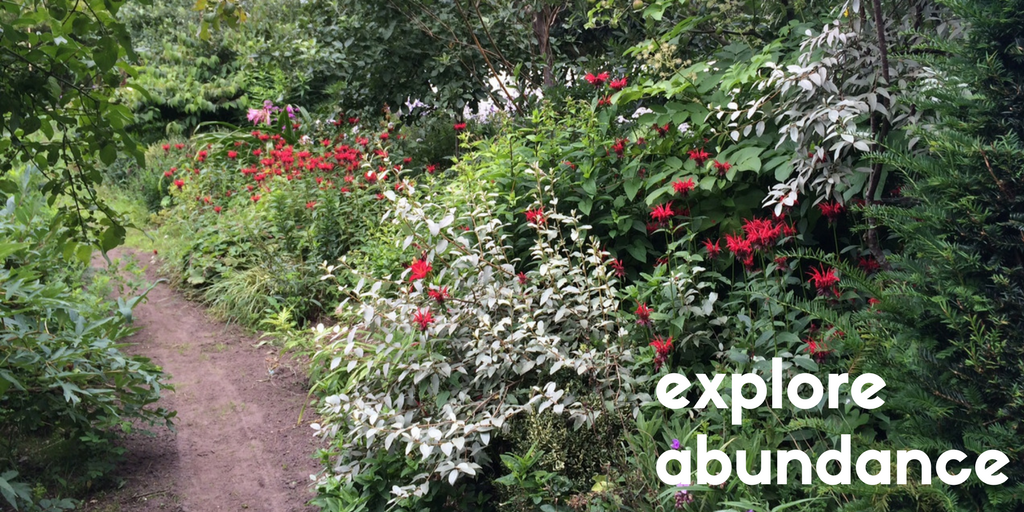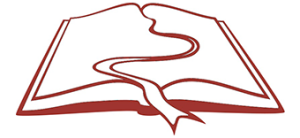Is your persistence helping you?
In our first talk, many academics warn me that they are rather autonomous. Intractable and self-willed, a.k.a. notoriously headstrong. They are not beside the point. Also HR managers, career advisors at universities, my coaching colleagues in other industries often wonder out loud whether my academic clients aren’t difficult to coach.
Yes, it is true, academics generally do not take for granted anything I say. They know exactly what is their case and what causes it. They have long since tried everything to solve it… But the issue is still there. It is exactly this ‘unmanageable willfulness’ of academics that I like.
Headstrong explorers
My academic clients require me to explain why I ask a certain question. Why I do a specific exercise with them. What is the theory behind it. With these explanations they often realize that there is a whole field that they have not yet looked into. A whole area in which they have not yet had any training or done any experiments. When we enter this terrain we also encounter obstacles. Most academics don’t like to loose their footing when they can no longer rationally comprehend what is going on.
Fortunately, they excel in using working hypotheses and doing experiments. They are able to suspend their judgement, postpone their scepsis and first observe, experience, notice, feel what is going on. Most can turn the switch and enter the experiment. With an open mind they now approach their question from a truly new perspective. And then the most amazing thing happens. These very smart, highly intelligent people discover that there is a completely new range of tools to solve their questions and to shape their lives. And they can easily learn to use them.

Explore abundance
What follows next goes like this: “Decent jobs in academia are very scarce. I no longer feel like endlessly running after temporary contracts. I just want some career certainty. But I also want to work on the topic of my expertise. I want to do that cool research that attracted me to science in the first place.”
I consistently answer that it is an absolutely open question for me whether you continue your career inside or outside academia. I help you to outline your personal path: to clearly define the dot on your horizon that helps you to navigate your path and stay on course. With this dot in clear view you no longer loose the red thread in all your activities that often span across a wide range of interests.
This clear view of your direction is not about a smooth story that you have designed in your head to tell to others and yourself. What matters is that this story speaks to you, that it touches your heart. Only then will it pull you forward so you will spontaneously start moving towards realizing your dreams. Identifying this personal constitution helps you to see the common ground in all your activities. You notice how each activity contributes in realizing that dot on your horizon. Or at least in starting the journey towards it, in the right way.
Starting the journey
It often strikes me that the issue is not so much about reaching that ultimate goal. It is really about traveling in the right way, as a whole person, with your heart in the lead rather than running after the should’s and have to’s in your head. Without rationalizing away the whispers of your heart that may express doubts, insatisfaction, unhappiness, sadness or fear. It is important to hear this voice of your heart and to turn it around to a perspective of abundance in which you see possibilities rather than scarcity, competition, risk. Where you feel confidence and trust. Seeing abundance allows you to fully use your talents to build your dream that matters and do meaningful work. No more struggling at insignificant details.
Many academics tend to forget this in their day to day work. They are so focussed on the minutiae of their research, or overwhelmed by their teaching load that they have difficulty zooming out to the big perspective. In such a situation stress starts building up. The pressure to perform increases. You have to publish. You have to lecture. You will be evaluated. You have to apply for grants in which publication records are crucial and successrates extremely low. All in all, this makes it hard to be aware how this tiny detail on your daily task list contributes to building what really matters to you, to what you want to create in this world. I get that. It is what I help academics with.
Are you an autonomous, self-willed academic wondering how to proceed? Let’s talk.
P.s. this is the transscript of me answering this question in this video (in Dutch).

Is your persistence helping you? Read this month’s new blogpost:… https://t.co/lzoPyamToJ